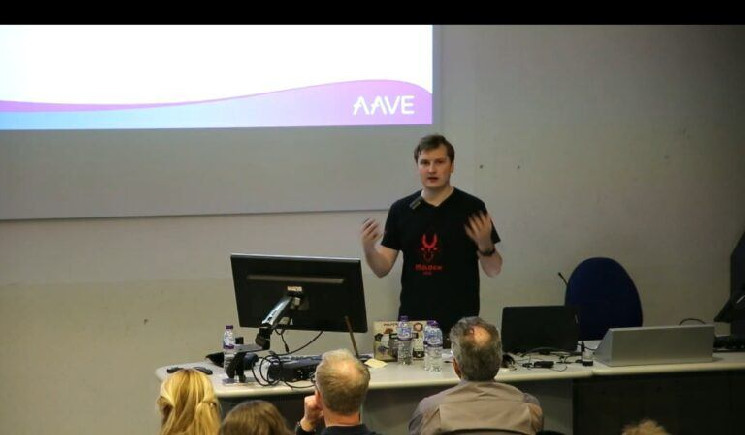Regulators should seek to hold a provider of a DeFi product or service to account for identifying and mitigating maximal extractable value (MEV) strategies, a global securities regulatory body said Thursday.
The recommendation formed part of the International Organization of Securities Commissions’ (IOSCO) consultation report on the sector, which included a further nine intended to provide a framework for regulators globally.
MEV refers to the total amount of value that can be extracted by miners or validators within a decentralized network by strategically including, ordering, or excluding transactions in a block they are producing.
“The ability to reorder, insert and otherwise control transactions enables conduct that in traditional markets would be considered manipulative and unlawful,” IOSCO said.
The function serves as an economic incentive for participants, as it allows them to earn additional profits on top of block rewards and transaction fees.
While this creates an impetus for maintaining the security of a given network, it also leads to various market inefficiencies and vulnerabilities, including front-running and arbitrage opportunities, that may affect the fairness of the system.
As such, the Madrid-based IOSCO said DeFi projects that allow for the trading of regulated financial products, and the way the trading process is designed could lessen the negative effects of MEV.
“There may be additional conflicts that would need to be addressed if the DeFi product or service provider itself were to have an economic interest in the MEV activity,” the report reads.
Within Ethereum’s ecosystem alone, the cumulative value of MEV post-merge has exploded by more than 19,000% amounting to over 300,000 ether (ETH), according to a Flashbots dashboard (around $490 million at today’s price) in less than a year. Pre-merge figures amounted to roughly $675.5 million, data shows.
While previously considered a critical function in blockchain tech, the inherent issues have forced some to create alternative methods designed to give greater control over the process.
The regulatory body’s DeFi report on Thursday follows similar messaging laid out in May, which took aim at crypto’s “market manipulation” among other concerns.
Alongside its MEV recommendations, IOSCO also advised regulators to request DeFi providers address operational and technological risks while requiring the provision of clear disclosures of DeFi products on offer.
The promotion of cross-border cooperation among regulators and understanding the interconnectedness among DeFi, other crypto sectors and traditional finance should also be a key consideration, IOSCO said in its report.
Sourced from cryptonews.net.









